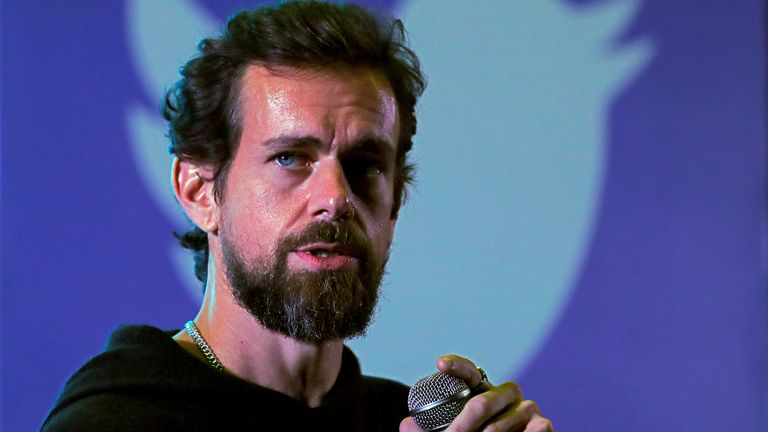Elon Musk’s prospective Twitter takeover has become a saga befitting of a football transfer window, with months of back-and-forth drama inevitably destined to form the basis of a tell-all book.
Now finally, half a year since the world’s richest man offered to buy the social media company, Mr Musk appears close to going through with the deal.
By 28 October, next Friday, he will either close his takeover or be going to trial in a bid to force him to.
How on earth did we get here?
It started back in April, a whirlwind month that began with the self-confessed Twitter addict getting a seat on the board after becoming the firm’s single biggest shareholder.
Shares in the platform surged after it was revealed he had bought a 9.2% stake worth almost $3bn, and he wasted little time in making suggestions – including an edit button and changes to the Twitter Blue subscription service.
Within a fortnight, Mr Musk had offered to buy Twitter outright, saying it was needed to uphold free speech.
“Since making my investment, I now realise the company will neither thrive nor serve this societal imperative in its current form,” he said in a letter to Bret Taylor, the Twitter chairman.
“Twitter needs to be transformed as a private company.”
An agreement was quickly reached, and Musk appeared serious, seemingly moving to finance the deal by selling millions of Tesla shares.
But by the middle of May, Mr Musk said the deal was “temporarily on hold”.
He was not happy about the apparently unacceptable number of bots on Twitter, and – appearing far less serious – sent a poop emoji to Twitter chief executive Parag Agrawal when he questioned Mr Musk’s assertions about fake accounts.
In June Mr Musk formally threatened to terminate the deal over “spam and fake accounts”, and – despite Twitter promising to provide him with raw data to allay his concerns – he pulled the plug a month later.
What’s going on now?
The predicament was born from Twitter’s decision to sue Mr Musk for cancelling the deal.
The chair of Twitter’s board, Mr Taylor, tweeted that a lawsuit had been filed in Delaware, where the company is incorporated, “to hold Elon Musk accountable to his contractual obligations”.
Despite the legal action, Mr Musk seemed determined to get out of the deal and subpoenaed a Twitter whistleblower who claimed the company misled federal regulators about its security risks.
A court document revealed that he also issued a subpoena to his friend Jack Dorsey, the former Twitter boss.
It was all with a view to the lawsuit going to trial in Delaware on 17 October – and then everything changed. Again.
Less than two weeks before the case was due to begin, Mr Musk proposed to go ahead with buying Twitter at $54.20 a share – a total value of $44bn (£38.4bn).
Just when we thought we were out, he pulled us back in.
Twitter shareholders and lawyers – once bitten, twice shy and all that – have seemed understandably dubious, and a Delaware judge pushed the trial date to give Mr Musk time to get his finances in order.
His deadline is 28 October.
And what happens next?
Who knows?!
But seriously, this time Mr Musk appears to be genuine about going through with the deal – and the fast-approaching deadline means it could be announced any day now.
If, for any reason, the deadline was missed, it would lead to a trial in November.


